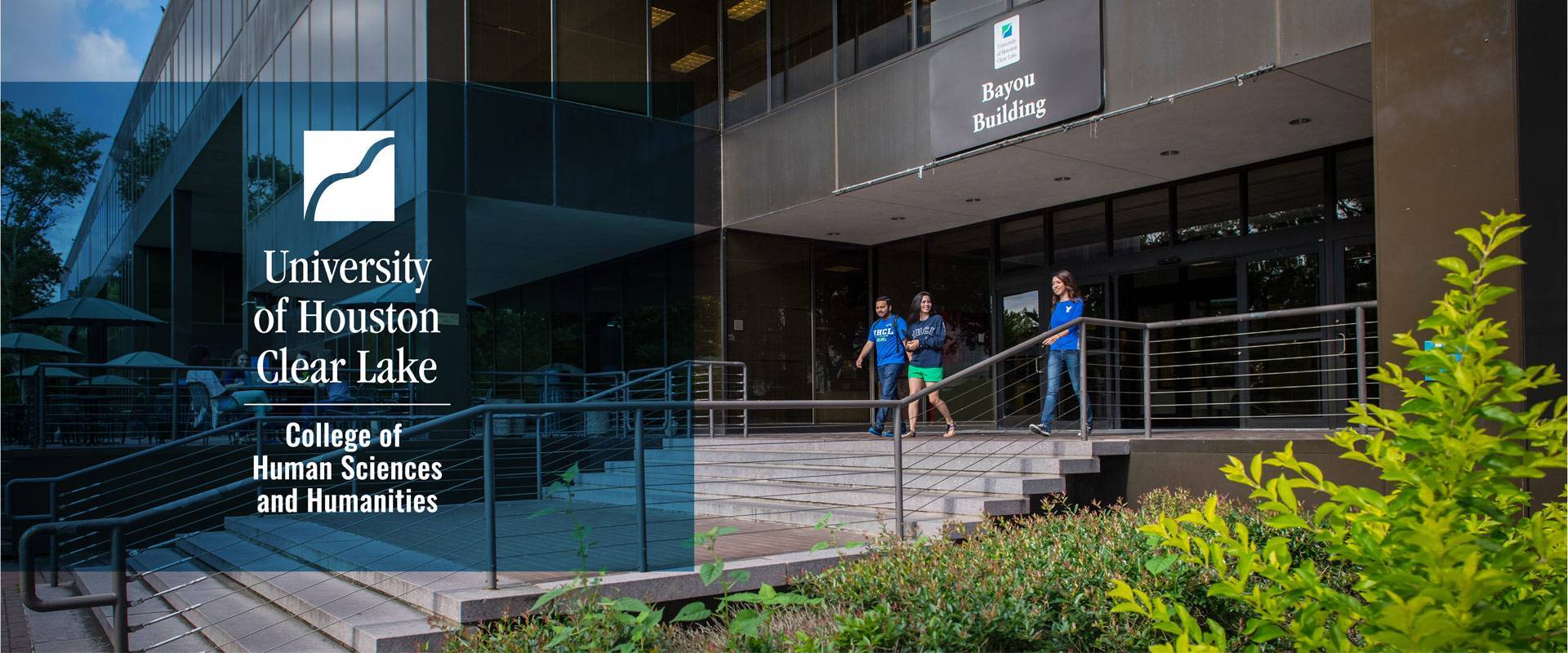UHCL anthropologist: Smartphones redefine refugees' resettlement
September 11, 2018 | UHCL Staff

University of Houston-Clear Lake’s Associate Professor of Anthropology Maria Curtis
traveled to Stockholm, Sweden to present a paper at the 2018 European Association
of Social Anthropologists conference. The theme of the four-day August conference,
“Staying, Moving, Settling,” fit in with Curtis’ ongoing research focusing on refugees
who have been resettled in Houston and their use of technology to maintain their relationships
with family left behind in their home countries, while trying to build a new life
in the United States.
Curtis’ presentation, entitled “The Limits of Mobility Reconsidered in the Lives of
Newly Settled Syrian and Iraqi Refugees in Houston, Texas,” was unlike most of the
other presentations because it concentrated on the central use of technology in the
lives of people who didn’t wish to leave their countries, but were forced to flee
due to political unrest.
“Most people use technology to communicate because they want to, or it is a part of
their every day way of interacting with those in their social group. But for refugees,
their immigration status prevents them from being able to move back and forth physically,
so their sole form of interaction is virtually with the use of their phones,” Curtis
said. “Their use of smartphones is certainly not new, but their usage shifts, and
their usage of different apps and social media platforms changed.”
Curtis explained that when we use our phones to call or text our families, there is
not always an inherent a sense of urgency, or a fear that you might never hear from
them again if you do not reach them immediately. “This is a real change in the way
the phone is being used,” she said. “For people who are forcibly displaced in times
of chaos or violence, the cell phone is their lifeline to the past and the future,
quite literally. An anthropological term used to describe the feeling of being attached
to multiple places at once is ‘co-presence.’”
Anthropology used to conceptualize culture in relation to a specific place. This has
changed given the degree to which humans are on the move, Curtis said. “In the case
of refugees who are living away from the closest relatives, the phone almost becomes
an extension of the family. It is a device, but it is a portal into an intimate world
where families and friendships remain.”
The question is, what does this concept of “co-presence” mean for human consciousness?
“You’re dialed in to different people with different abilities to communicate with
different degrees of urgency, so how does this reality order our sense of priority,
and our abilities to connect with those close and far from us?” she said.
The word “refuge,” continued Curtis, is never completely accurate for refugees. “That
sense of panic, or the trauma experienced in displacement may never go away,” she
said. “People trade one insecurity for another. Contact via phones does not necessarily
allay fears; it can even magnify worry and re-trigger trauma.”
Further, Curtis said, her paper explored the line between virtual and real relationships
between people who are in constant touch via some form of digital connection. “I found
that the more people engage with others through technology, the less the physical
location ultimately matters,” she said. “If you’re tuned into them, then you’re tuned
in to them. You cannot argue that you are not with them. The longing to reunite may
become so intense that emotional bonds can become stronger during separation.”
For refugees, technology has necessitated a different level of intimacy with family
and friends in home countries. “If your norm is to be together in a family context
and interact as a group, and now the only way you can access relatives is through
technology, your relationships will change as you continue to find new ways to remain
in touch at a distance,” she said. “A central part of Arabic culture is hospitality.
Refugee families I got to know in Houston remained in close contact with their relatives,
and they continued to share group social time with them as best they could.”
They would dial into their mealtimes and gatherings and put the phone in the middle
of the table. “Everyone would almost forget the person isn’t physically there. Despite
the physical distance, the emotional experience is still intact. It’s different, but
still important and socially interactive,” she said.
As one of a panel of international scholars, Curtis said, she was amazed to learn
about other scholars’ observations on the use of technology across the globe. “There
were a number of case studies with much overlap,” she said. “It was fascinating to
hear about how human beings all over the world find ways to adapt and sustain close
relationships.”
For more information about UH-Clear Lake’s Anthropology and Cross Cultural Studies
program, visit www.uhcl.edu/academics/degrees/anthropology-bs.
About the Author:
Recent entries by
October 18 2022
Better technology transforms campus safety: Police Chief demonstrates SafeZone to students
October 14 2022
Student's skill with drones takes chicken turtle research to new heights
October 11 2022
Planting event to help UHCL restore native plants to campus, support environmental sustainability







